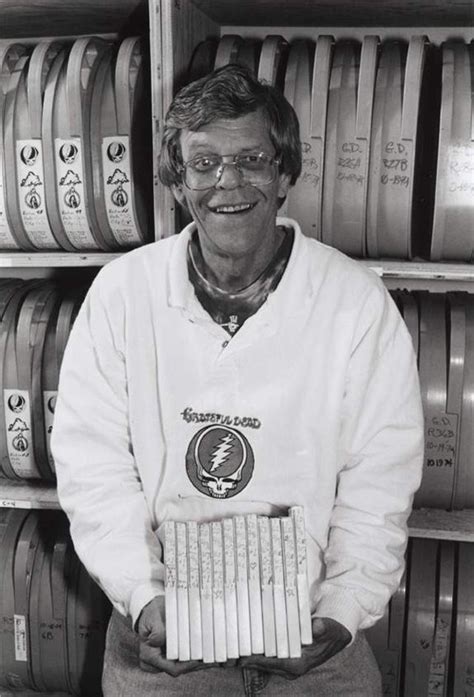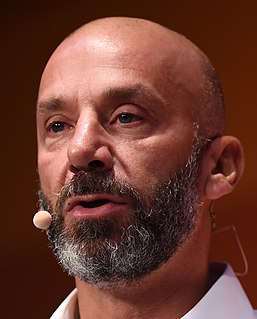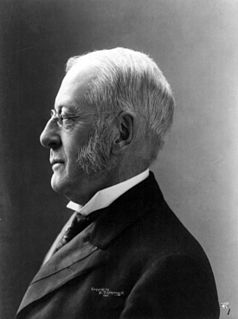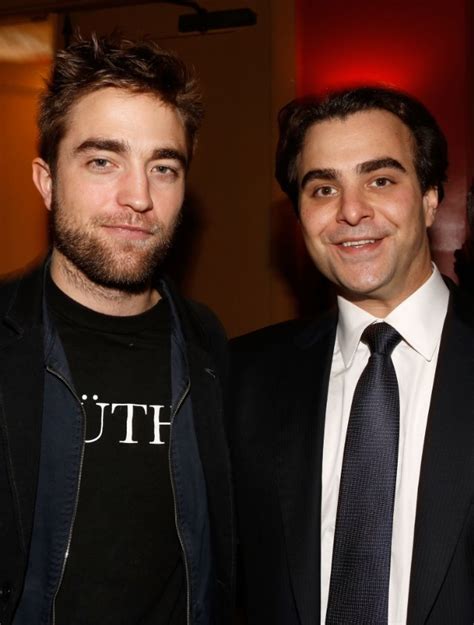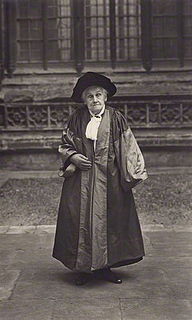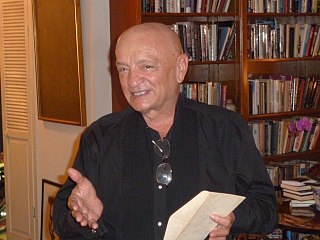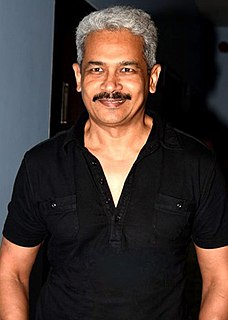A Quote by Dick Latvala
You can really do some clever editing even within the limited two-track format.
Related Quotes
You must stop editing--or you'll never finish anything. Begin with a time-management decision that indicates when the editing is to be finished: the deadline from which you construct your revisionary agenda. Ask yourself, 'How much editing time is this project worth?' Then allow yourself that time. If it's a 1,000-word newspaper article, it's worth editing for an hour or two. Allow yourself no more. Do all the editing you want, but decide that the article will go out at the end of the allotted time, in the form it then possesses.
All three parts of filmmaking [writing, shooting, editing] contribute to rhytm. You want the script to be a tight as possible, you want the acting to be as efficient as possible on the set, and you have enough coverage to manipulate the rhythm in the editing room, and then in the editing room you want to find the quickest possible version, even if it's a leisurely paced film. I definitely in filmmaking more and more find writing and directing a means to harvest material for editing. It's all about editing.
We were never a band that did 96 takes of the same thing. I had heard of groups that were into that kind of excess around that time. They'd work on the same track for three or four days and then work on it some more, but that's clearly not the way to record an album. If the track isn't happening and it creates some sort of psychological barrier, even after an hour or two, then you should stop and do something else. Go out: go to the pub, or a restaurant or something. Or play another song.
I watched a lot of movies from all over the world. The Russians were very good at editing. They were specialists in editing. The Man with a Camera, if you know that movie, is incredible. I still don't understand how it works. It's a movie with no script, no actors and still it works. It's really good. It's really about editing.
I was shooting on The Mindy Project while I was editing Alex of Venice, which was the stupidest thing I could've done. It was like having two full-time jobs. But in editing some characters were dropped, some storylines were dropped. It just starts dictating what it's supposed to be.It's scary, but fun to try to be brave and to "kill your darlings." To get rid of the stuff that you were like, "Oh, I'll never get rid of that. I love that. As long of a take as it is, I'm gonna keep that in."
